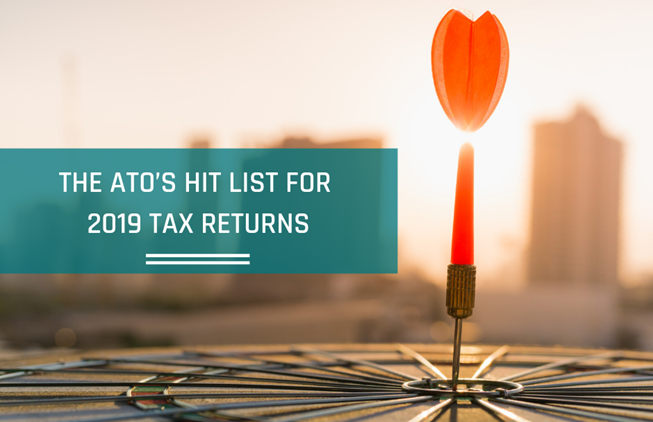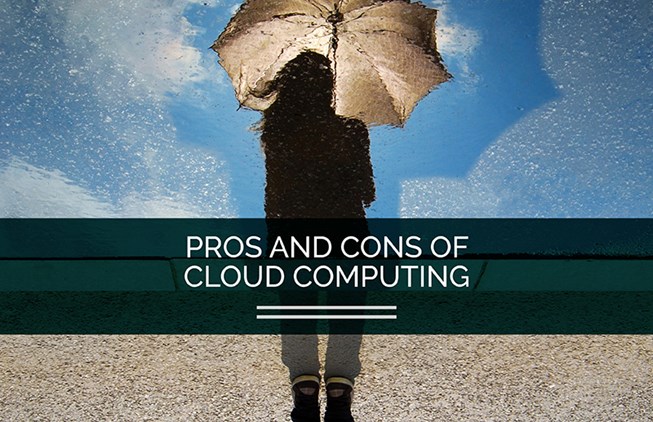
Now that another financial year has come to a close, we start thinking about 2019 financial year tax returns. For some employees, their tax preparation may be slightly different this year. The implementation of Single Touch Payroll (STP) means that you may not receive a PAYG Payment Summary from your employer – this information may instead be reported directly to the ATO and made available on myGov.
We also have access to this information, so once your employer ‘finalises’ your payroll for the 2019 year, we will be able to prepare your return. STP is being more widely implemented in the 2019-20 year so almost all, if not all, employees will receive their payment summary information this way next year.
Every year, without fail, this question arises: “Who’s the ATO targeting this year?”
Besides the “official” line of “All taxpayers not complying with their requirements under the tax legislation”, there are a couple of specific issues that the ATO have expressed interest in. There’s not been as much talk from the ATO about specific occupations/industries of late, but instead certain types of income or deductions that the ATO are specifically interested in.
In the case of individual taxpayers, one target is the claiming of costs for work uniforms or laundry of work uniforms. There is a provision in the legislation that allows up to $150 be claimed without having to keep receipts to substantiate the claim, but the ATO thinks that this is being abused. The work “uniform” must be both required by the employer, and it complies with certain requirements to be deductible either for purchase or for laundering.
Additionally, expenditure still needs to be “incurred” and the ATO can request that a taxpayer explain how they calculated the relevant deduction amount. If the ATO aren’t satisfied, this deduction can be reduced or removed, and large financial penalties may also be applied.
Property owners are also being targeted, in a plan that started last year regarding unreported income from the sharing economy such as ‘Airbnb’. In addition to not reporting all income, the ATO are also looking at property deductions to ensure these are not being overstated.
There’s nothing much new for businesses – the ATO is using its ever-expanding data matching program to identify likely targets for under-reported income, or overstated expenses. Further to this, the usual suspects of non-compliance with GST and Superannuation requirements are always on the ATO’s radar. Single Touch Payroll is going to make it much easier for the ATO to administer the Superannuation legislation, so we do expect to see increased audit activity in this regard in the future.
Contact your Altitude Adviser for further information, or to organise the completion of your 2019 tax returns.


